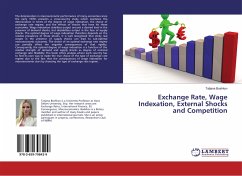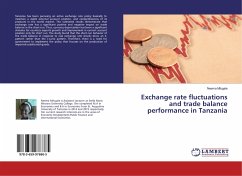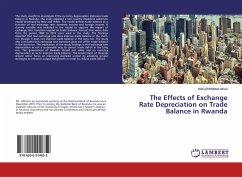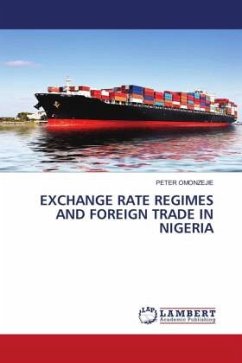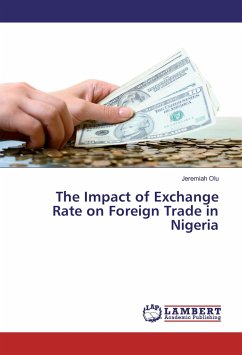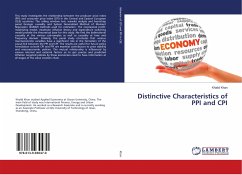The deterioration in macroeconomic performance of many economies since the early 1970's presents a cross-country study which examines this deterioration in terms of the degree of wage indexation, the choice of exchange rate regime, and the effects of shocks that have hit these economies. Wage indexation stabilizes output around a desired level in the presence of demand shocks, but destabilizes output in the face of supply shocks. The optimal degree of wage indexation therefore depends on the relative prevalence of those shocks. It is well recognized that sticky real wages in the presence of supply shocks can lead to sub-optimal macroeconomic outcomes. The choice of an optimal exchange rate regime can partially offset the negative consequences of that rigidity. Consequently, the optimal degree of wage indexation is a function of the relative strength of demand and supply shocks as degree of nominal exchange rate flexibility. The book offers analysis where each country has to find its own way to make the true choice of the type of exchange rate regime due to the fact that the consequences of wage indexation for macroeconomic start by choosing the type of exchange rate regime.
Bitte wählen Sie Ihr Anliegen aus.
Rechnungen
Retourenschein anfordern
Bestellstatus
Storno

